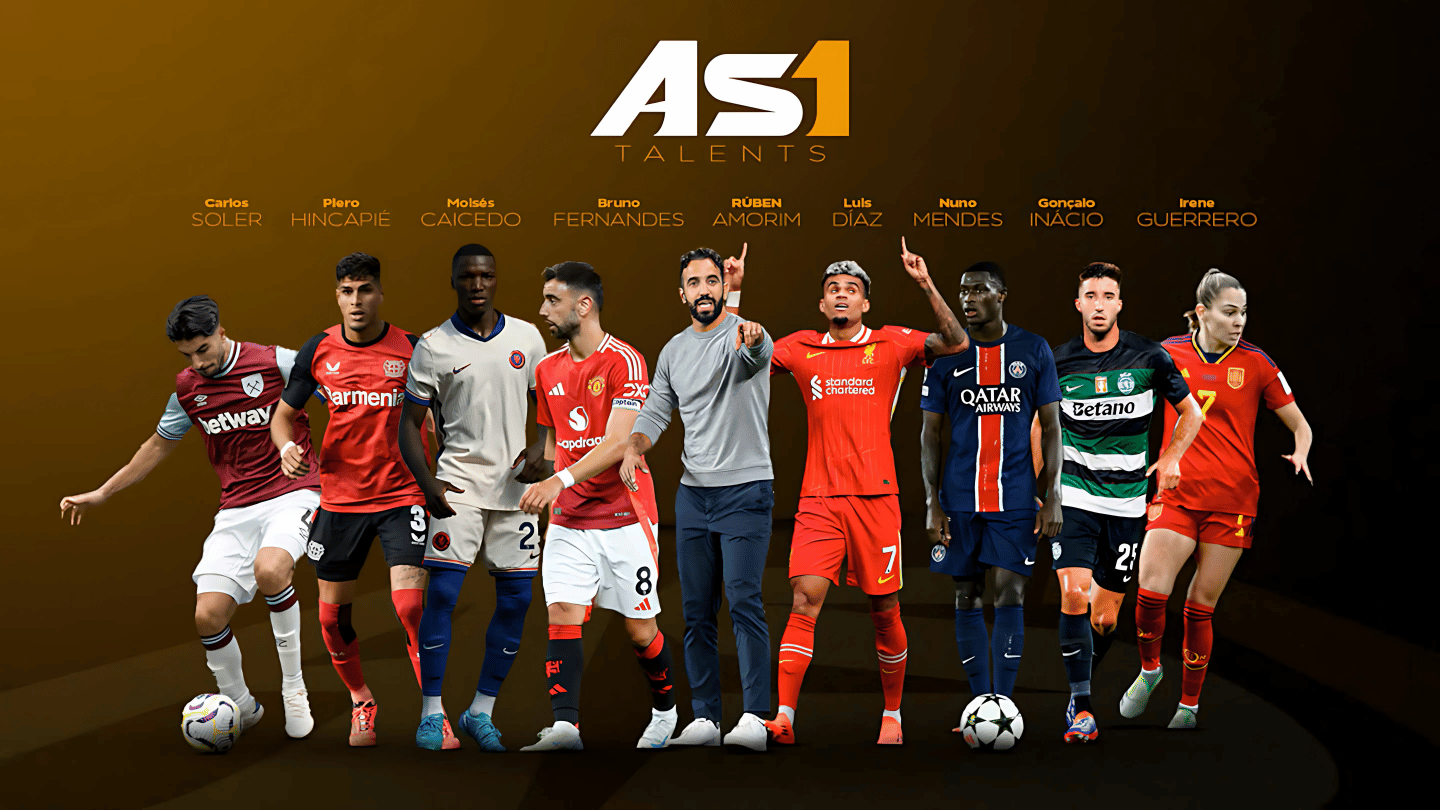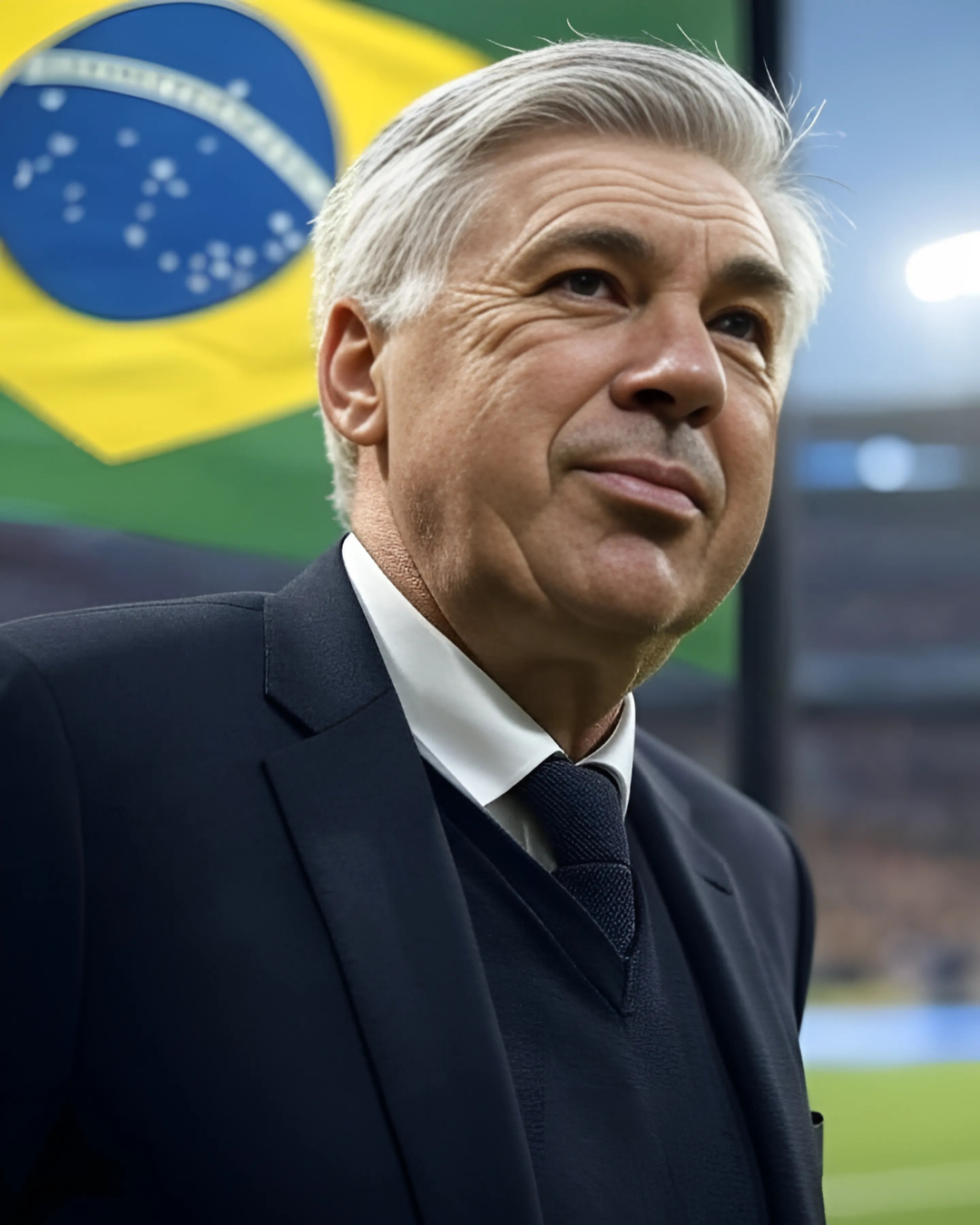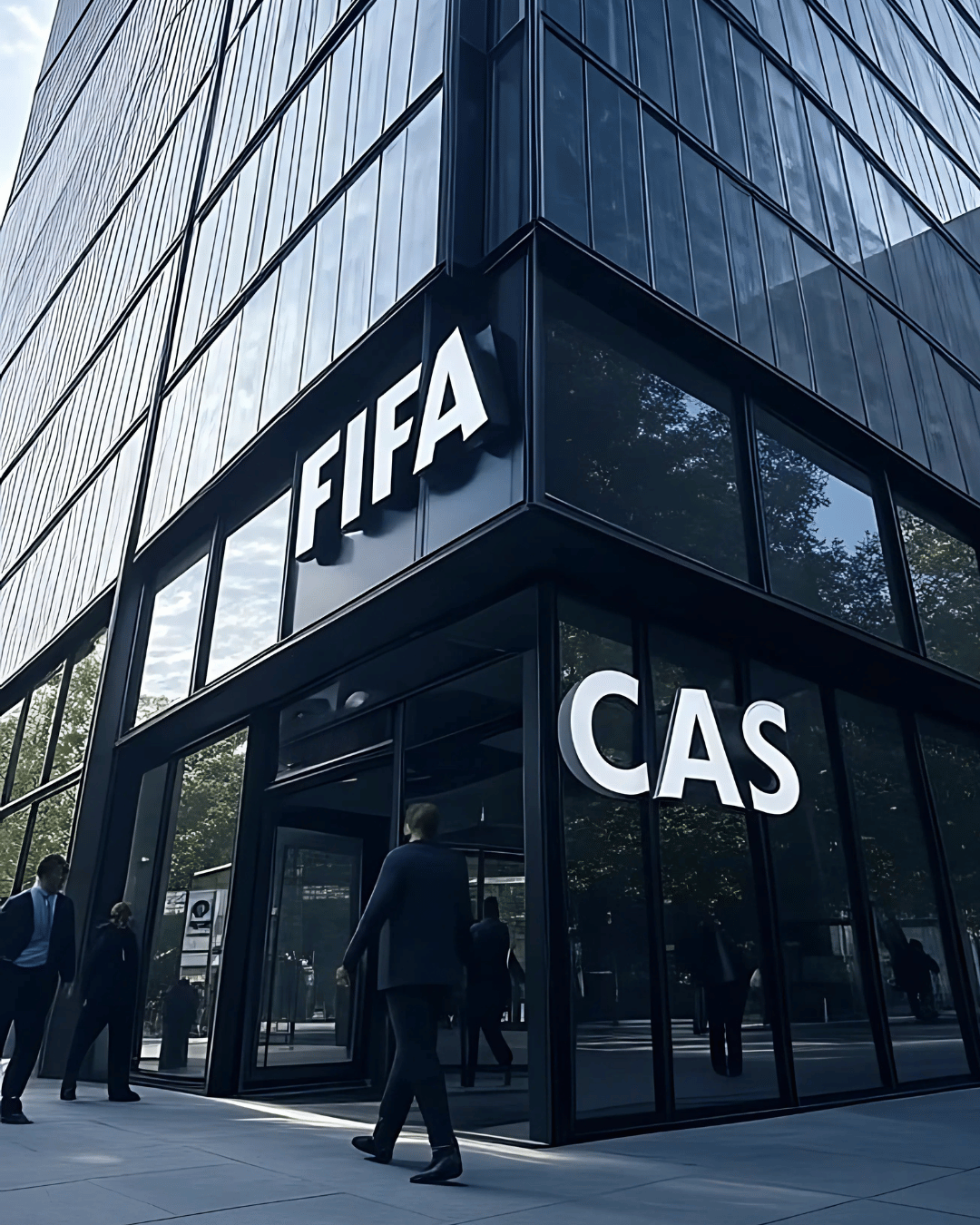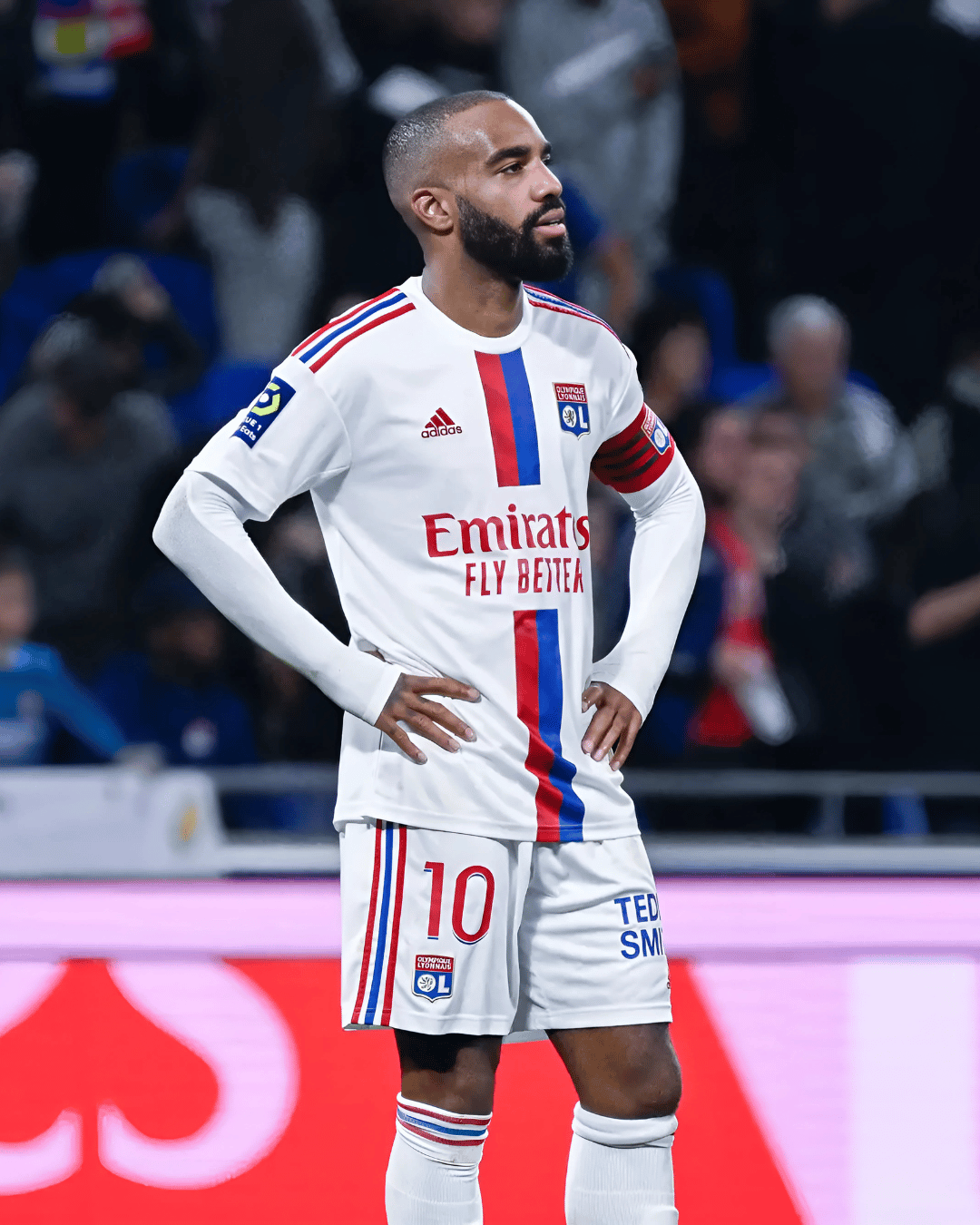The most eye catching deal of the past year is the launch of AS1. Seven months ago private equity groups Bruin Capital and TJC unveiled AS1, a new super agency created by stitching together four well established firms—Promoesport in Spain, Nomi Sports in Portugal, Position Number in the UAE and Football Division Worldwide in London. Overnight, AS1 inherited a roster of more than 300 players and coaches—including Bruno Fernandes, Luis Díaz and Moisés Caicedo—spread across offices in London, Barcelona, Lisbon and Dubai. The Financial Times put the new venture’s enterprise value at roughly $310 million, with player assets approaching €700 million. George Pyne, Bruin’s founder, calls it “a platform built for the Champions League era,” one that can swing negotiating power from individual agents to multinational firms. (Diario AS)
AS1 is only the latest example of consolidation. In 2022 Creative Artists Agency absorbed rival ICM Partners and with it ICM Stellar Sports, the operation Jonathan Barnett had already built into football’s largest stable. Forbes now lists CAA as the world’s most valuable sports agency, crediting the Stellar deal with catapulting its football division past 500 clients and giving Hollywood style marketing muscle to European transfer talks. (Forbes)
US based Wasserman has followed a similar script, but by acquisition rather than merger. In September 2024 it bought Switzerland’s International Football Management (IFM), the leading player representation shop in the Swiss leagues; eight months later it added Belgian outfit SportPlus, whose founders Nico Vaesen and Evert Maeschalck came aboard as senior vice presidents. Those two deals alone delivered dozens of Bundesliga, Premier League and Jupiler Pro talents into Wasserman’s ecosystem. (Wasserman)

What does this mean for the game?
Negotiations at scale: Mega agencies now present clubs with bundled packages of talent: a first team winger, a promising U 19 full back and a commercial ready esports streamer might all sit under the same corporate roof. That scale changes the bargaining table; clubs chasing one star could suddenly find themselves dealing with an organisation that services half a dozen of their targets, as well as their shirt sponsor’s next influencer campaign.
Capital over charisma: Traditional agent-built value on personal relationships. The new conglomerates add data analytics departments, in house content studios and private equity balance sheets. A six figure scouting algorithm or multi sport sponsorship package is easier to fund inside a $300 million group than from a single agent’s commission stream.
Squeeze on independents: For solo agents and boutique agencies this is both threat and opportunity. The threat is obvious: when a Bruin backed agency can deploy lawyers in four jurisdictions overnight, the cost of matching that service level rises. But consolidation also leaves niches underserved—emerging women’s leagues, regional youth markets, dual national scouting—where specialist independents can still thrive if they offer agility the giants lack.
Regulatory friction: FIFA’s new agent regulations cap commissions and demand stricter transparency, but they also leave room for concerns about conflicts of interest when a single firm represents multiple players, coaches and even sporting directors in the same competition. Competition authorities from London to Brussels are already asking whether super agencies could distort salary structures or limit player mobility.
Players in the middle: For elite footballers the upside is clear: a one stop shop that can negotiate a transfer, land a boot deal and pitch a Netflix docuseries. Yet some athletes worry about becoming “another asset” in an investment portfolio—valuable, but not necessarily cherished. The real test will be whether mega agencies can maintain the high touch, around the clock service that first made agents indispensable.
The consolidation trend shows no sign of cooling; private equity funds continue to circle mid sized agencies, and rumours persist of another blockbuster deal before the January window. For independent agents the playbook is narrowing: specialise, partner with data driven platforms, or prepare for an offer you can’t refuse. Either way, the era of the lone super agent is giving way to the age of the corporate collective—and the balance of power in football is shifting with it.










